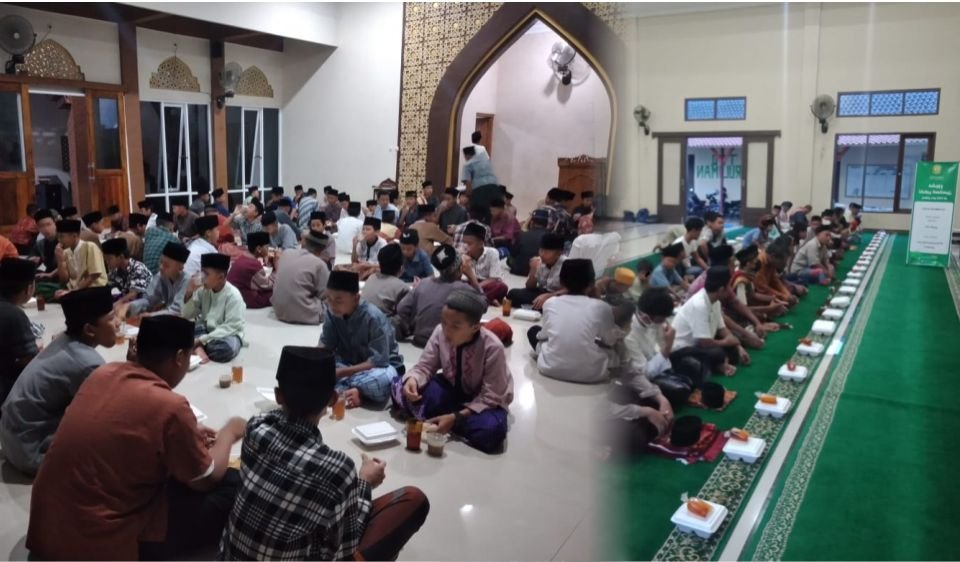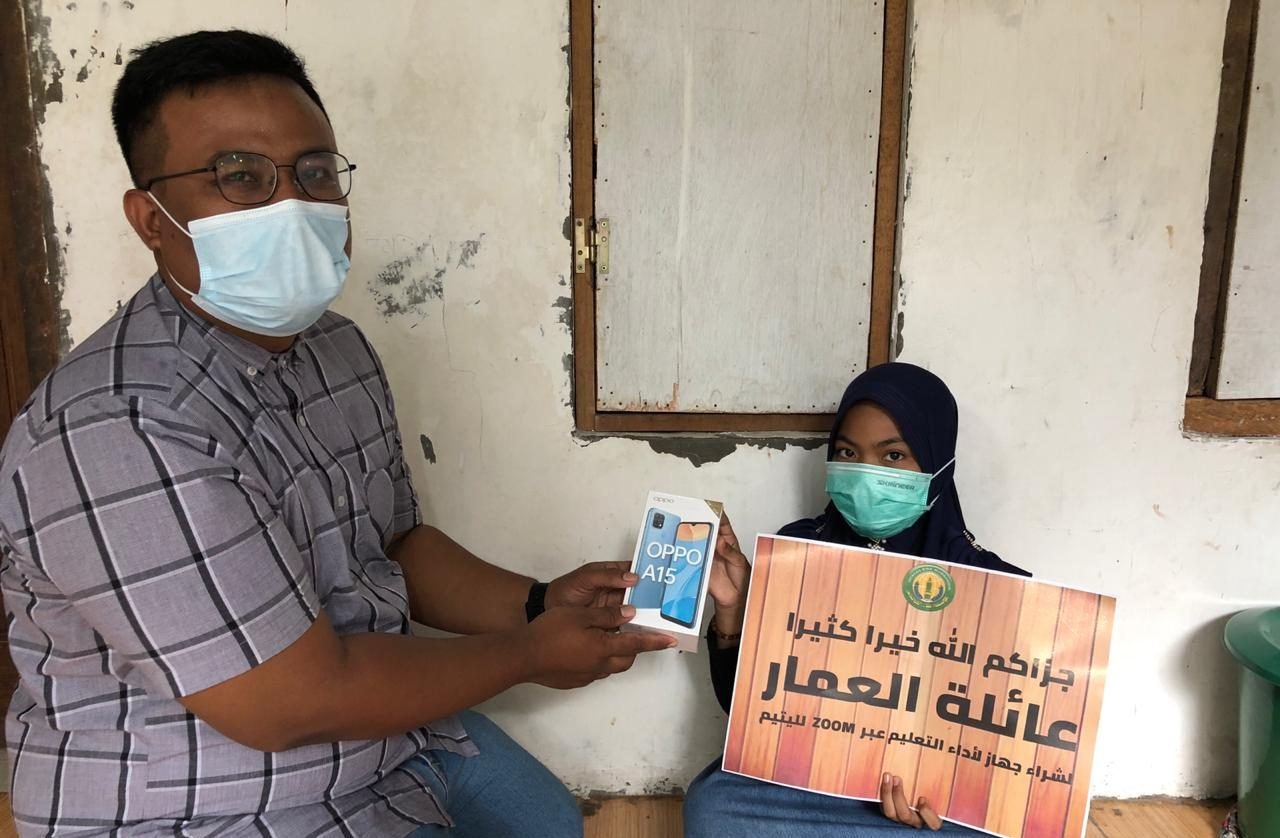The level of the spread of Covid-19 which is increasingly fierce has made community activities seem to stop. The social distancing policy makes public places closed, including schools. The implementation of Pembelajaran Jarak Jauh (PJJ) policy is an alternative for all schools in Indonesia to be able to carry out teaching and learning activities. Various virtual learning features are developed and used by teachers and students to keep interacting and learning. But the government forgot that Indonesia is not a country with a population that has an equal economic status.
There are still many who are less fortunate and cannot enjoy online learning facilities. Based on data from the Central Statistics Agency in 2019, internet penetration rates in rural areas are at an average of 51.91%, and in urban areas, they average 78.08%. The ownership of computers, which is an important medium for learning, is very low. In rural areas as much as 9.93%, while in urban areas as much as 28.43%. The Ministry of Education and Culture realizes that learning will not be optimal due to uneven facilities. The government has done this by providing PJJ broadcasts on TVRI and RRI, but that has not reached some regions yet. Their hopes in reaching knowledge seemed to bud because it was limited to learning facilities. Of course, this needs more attention from the Indonesian government
However, the problem is not an obstacle for teachers and students who are less fortunate with extraordinary enthusiasm. There is already a lot of information about teachers who go from house to house of their students who do not have access to online learning both television and the internet. They deliver learning materials following the curriculum to each student like a private course. Things like this need to be appreciated.
Not just giving material to students, but there is a struggle and a burning passion there. Not to mention the distance between student homes that are not close is a big challenge. This is the picture of the educators needed by our nation today. Teachers become the second window of knowledge for students after books in the field of formal education. For those of us who are currently able to sit comfortably enjoying online learning facilities, shouldn’t we appreciate it with a higher enthusiasm for learning?






